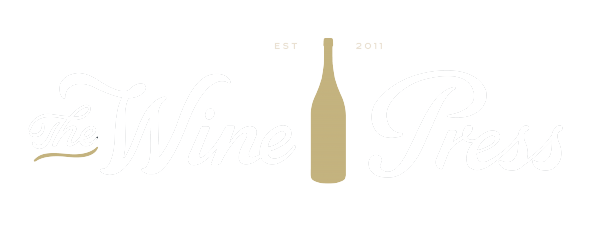ask us questions, we like it
What exactly is terroir and why does it matter?
It’s a combination of soil composition, location, and climate. Everything that makes up a vine’s environment makes up its terroir and has an effect on the type of wine it produces. It doesn’t translate well, probably because the history of wine production in France is quite literally ancient. Domestically, we can’t really compete.
But it’s still a useful term. When we choose wines for our permanent collection, we want them to reflect a certain level of typicity, that is, we want our Red Burgundy to be earthy, mushroomy, and dry (at the very least). We want our New Zealand Sauvignon Blanc to be grassy, grapefruity, and full of refreshing acidity. We want our wines to taste like where they come from.
It’s important to us that we meet our customer’s expectations. The way we exceed them is not only to provide textbook Barolo, but to find the best Baroli from Monforte and Serralunga and show you how they each represent their villages.
This is why we carry so much Bordeaux. Bordeaux is a very important region (and not just to Unexpected Wine Guy). Left Bank or Right, each château brings something different to the bottle. We want to make sure that you have access to a little bit of everything.
Why don’t wine stores don’t all carry the same things?
Great question. You want to know why we don’t carry the recognizable labels you might find at the grocery store or that one wine you tried at your best friend’s, sister-in-law’s, niece’s birthday party. The reason we don’t carry more recognizable, mainstream wines is because we like to work with distributers who represent smaller producers, family run wineries, and winemakers who practice responsible, sustainable, organic, and sometimes biodynamic viticulture.
These are the producers who oversee their wines from grape to glass. When this happens, you’re more likely to get a wine that was raised with a great deal of care. You end up with wine that isn’t meant to be a commodity, but rather a portrait of the winemaker’s growing season.
As a staff, we learn about our producers, their farming practices, how wines are aged and in what vessels. These things make a difference when it comes to flavor. This is how we know how to recommend wine to our customers. If you enjoy a particular wine but haven’t tried the new vintage, you might not know that the vineyard experienced a much hotter summer therefore creating a riper style of wine which you might not enjoy.
This is why it’s so important to talk to us about our wines (trust us, it’s all we want to do). Even now when we’re meant to keep our distance, it doesn’t mean we can’t chat. If you care about what’s in your glass, we want to talk to you about it.
